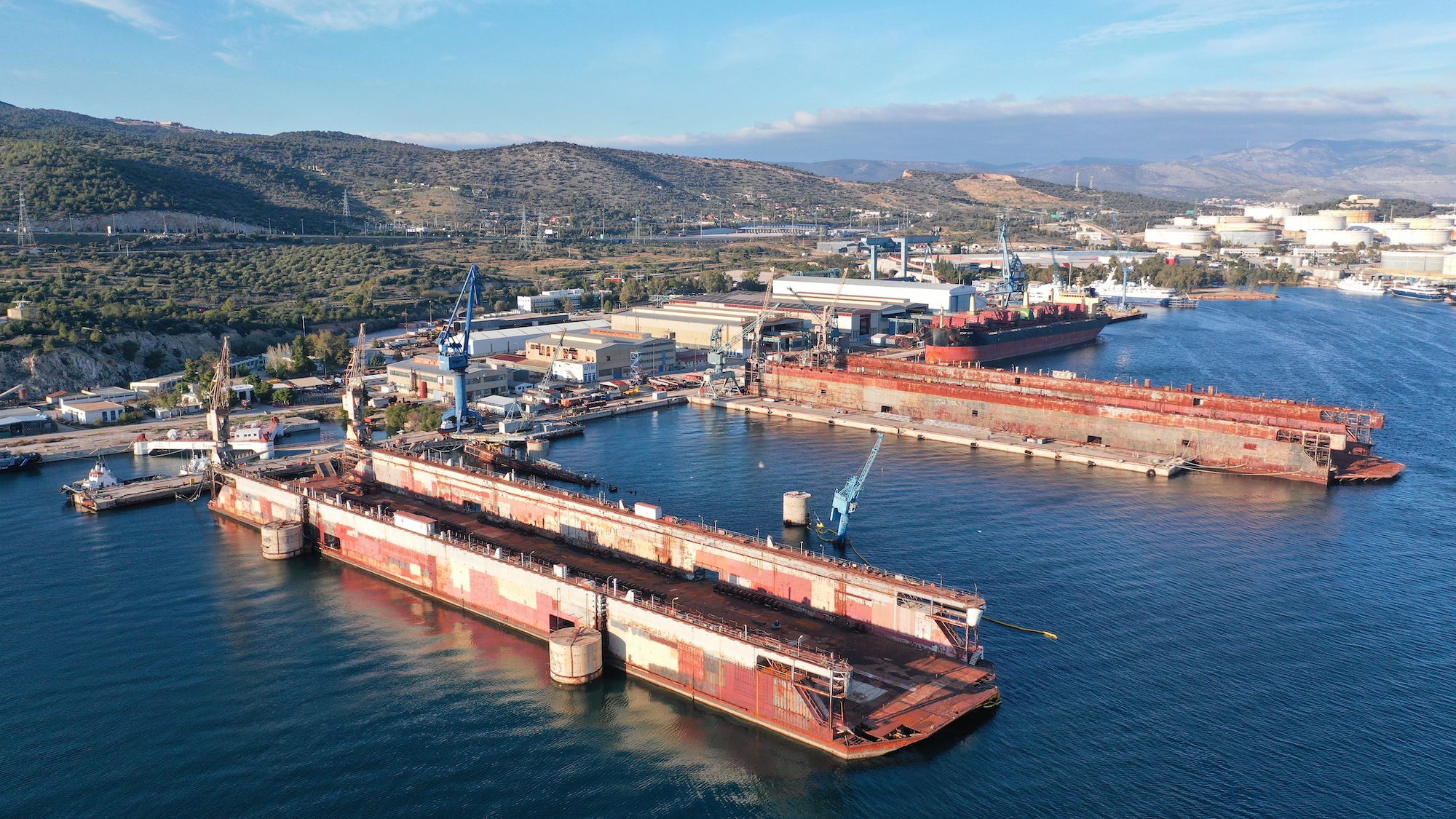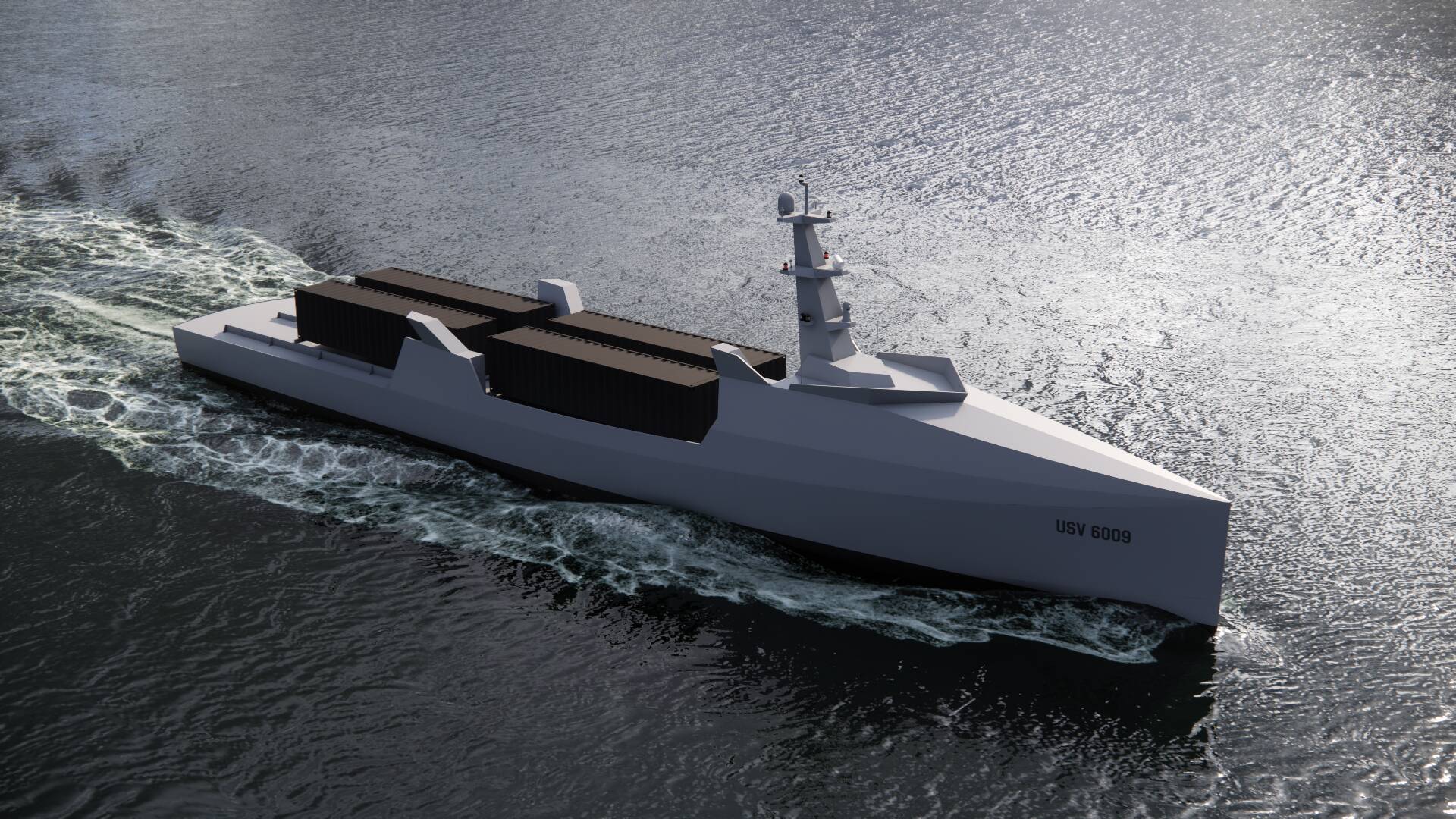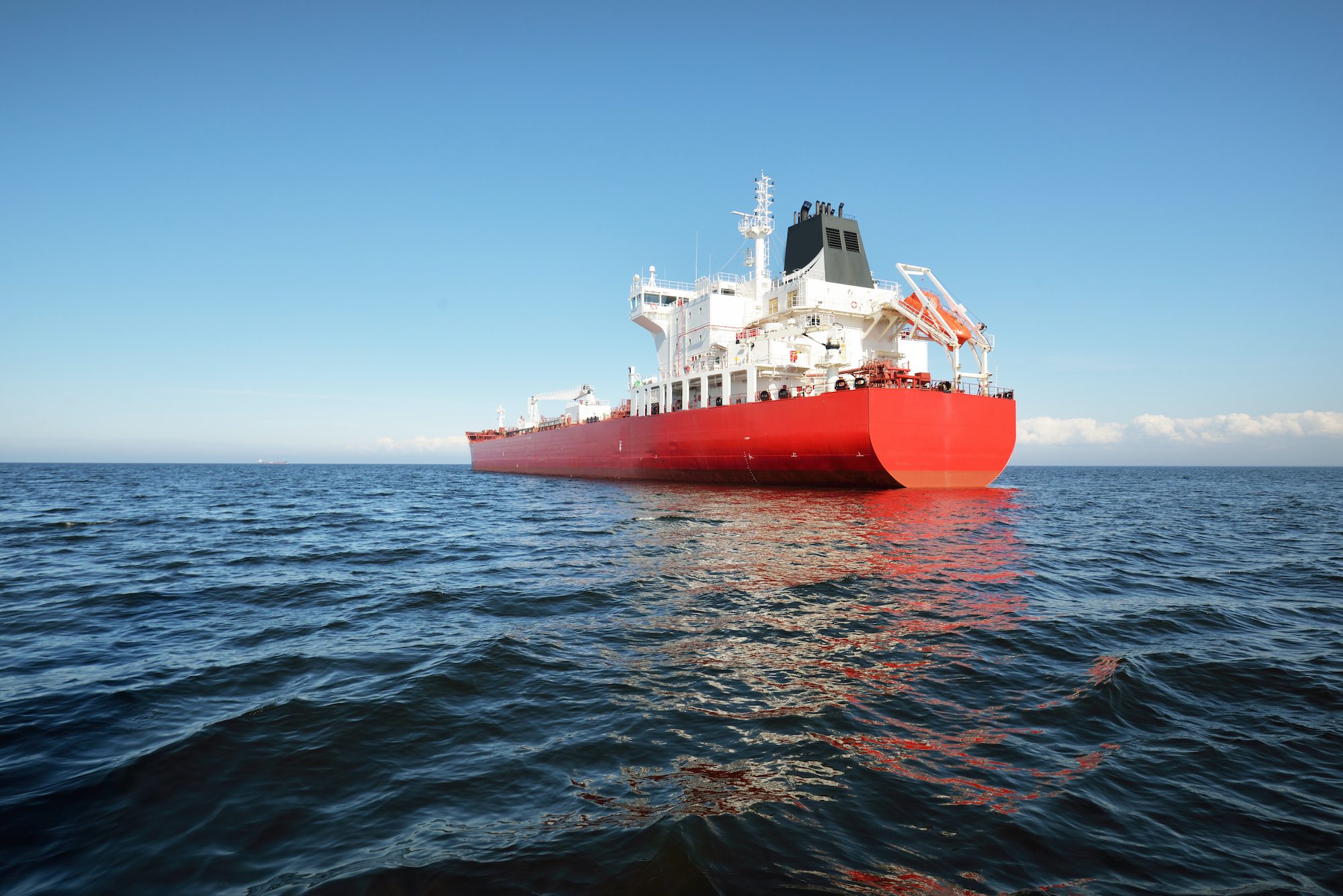ATHENS, Feb 18 (Reuters) – The sound of hammer blows and welding drifted from the Skaramangas Shipyard near Athens last month as workers repaired the bow of a large tanker, while other vessels waited to be fixed in a dry dock nearby.
The activity marks a major turnaround for the shipyard: a year ago, following decades of on-off government ownership, it sat empty, an emblem of the lingering impact of Greece’s devastating 2009-2018 debt crisis.
“Now there is vitality again,” said Theodoros Evagelou, who was sandblasting and painting vessels at the yard. “I couldn’t find a job anywhere.”
The fate of the Skaramangas Shipyard, which was sold by the government to shipping tycoon George Prokopiou last year, is a sign of Greece’s wider rebound from the crisis that has also seen the state sell off bailout stakes in banks, and holdings in a major airport and highway.
The center-right government of Kyriakos Mitsotakis has also since 2019 sold its stakes in the Elefsina and Syros Shipyards.
Bringing in shipowners means they can generate business by repairing their own ships in Greece – rather than in Turkey, Asia or Romania.
While Greeks own the biggest merchant fleet in the world with 5,500 vessels, the country’s shipyards have lost ground to competitors elsewhere and until now, attempts at privatization have stalled or failed.
Skaramangas Shipyards has repaired 37 ships in the past year and expects to double that next year, CEO Miltiadis Varvitsiotis told Reuters. The rise is mirrored in the wider industry: ship repairs in Greece approached 700 last year from 330 in 2013, data from the statistics service show.
“We are back and we are here to stay,” Varvitsiotis said.
EXPANSION PLANS
The increased business has already doubled the shipyards’ contribution to the country’s GDP to 1.5%, said Panos Xenokostas, owner of ???? Shipyards and Technology that bought the Elefsina and Syros Shipyards from the state in 2020 and 2018. He wants to increase that to as much as 2.5% in five years.
Annual repairs in his two yards have jumped from a couple of dozen in the last decade to 220 in 2024, said Xenokostas, who plans to expand his businesses into building ships and drilling platforms and to repair specialized liquefied natural gas carriers.
“The boom in shipyards is putting Greece back in the game as a repair hub in the Mediterranean,” said maritime expert and shipping financier George Xiradakis. “They can’t replace the big Turkish and Asian shipyards but they can get a significant portion.”
Greece built and repaired hundreds of ships in the 1960s and 70s, before much of the industry passed into government hands during an economic slowdown in the 1980s.
The working class suburbs west of Athens, where most of the shipyards operate, are seeing a rebound, too.
In the seaside town of Perama, dozens of companies act as subcontractors for the big shipyards. Unemployment, at 40% 10 years ago, has plummeted so low that contractors can’t find enough workers, said mayor Yiannis Lagoudakos.
“Now we need more roads and parking spaces to deal with the increased traffic,” said Lagoudakos. “Our town is flourishing.”
Greek shipyard sector sees strong growth https://reut.rs/3Qenwsw
(Reporting by Lefteris Papadimas; editing by Edward McAllister and David Holmes)
(c) Copyright Thomson Reuters 2025.
Editorial Standards · Corrections · About gCaptain
This article contains reporting from Reuters, published under license.

 Join The Club
Join The Club












